Aligning, integrating and promoting Europe’s ocean observing capacity.
The need for an end-to-end integrated and sustained European Ocean Observing System (EOOS) has been expressed by the oceanographic and scientific community during the development of the Integrated Maritime Policy in 2007. In 2008, EuroGOOS and European Marine Board released a joint vision document (pdf) to outline the concept of this framework. Since then, EOOS has featured in a number of scientific and science-policy documents. An overview of those developments is available here.
EOOS is seen as a light and flexible coordinating framework to help manage and improve the existing observing effort
In 2016, after a successful brainstorming workshop, EuroGOOS and European Marine Board convened an expert panel acting as EOOS Steering Group. The Steering Group has developed a consultation document to collect feedback for the EOOS implementation roadmap and launch it for a wide stakeholder consultation.
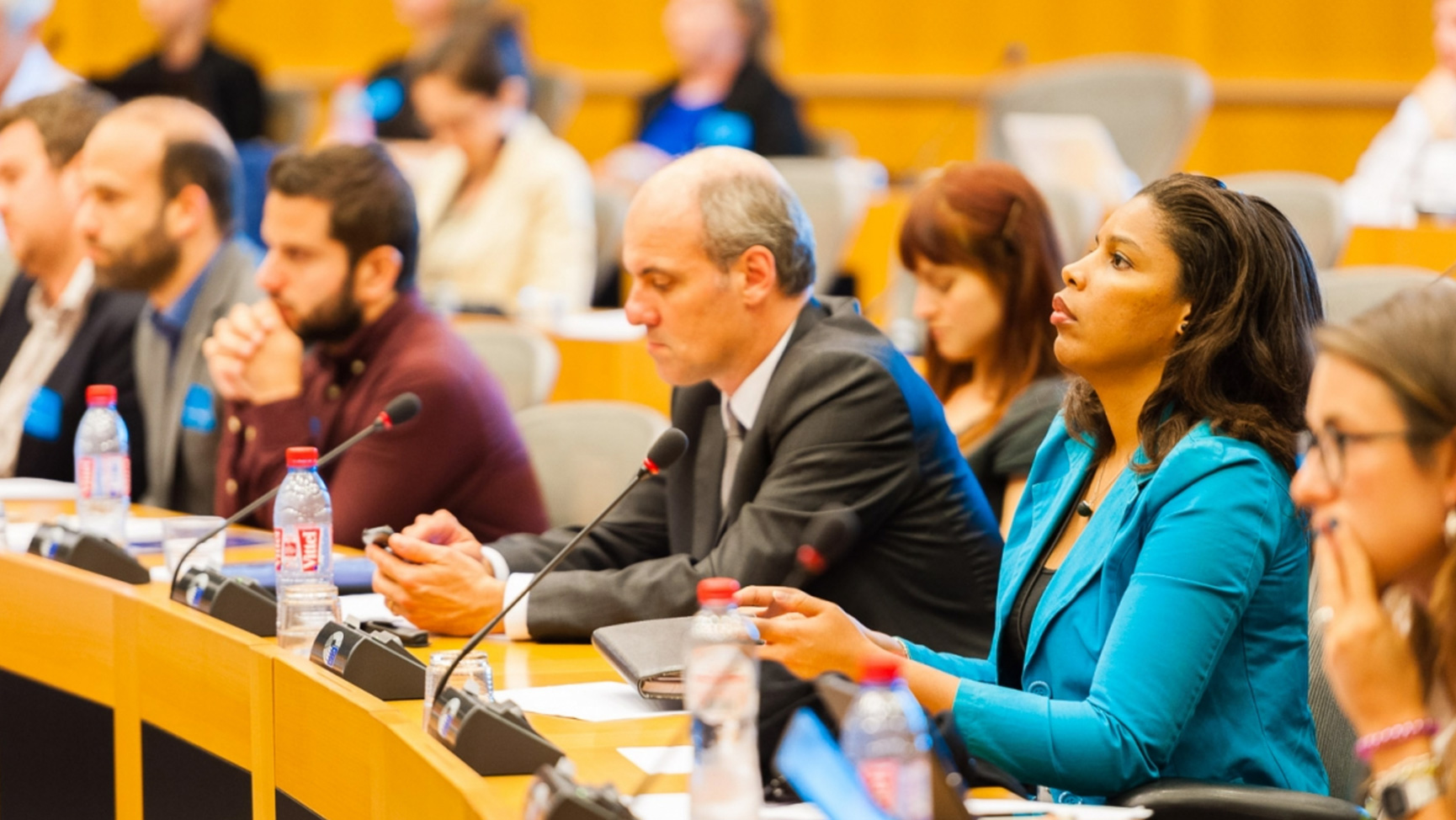
On 8 September 2016, the EOOS progress and the consultation document were presented at a dedicated event at the European Parliament hosted by MEP Ricardo Serrão Santos.
EOOS is seen as a light and flexible coordinating framework to help manage and improve the existing observing effort, making it more efficient and effective at different geographical scales, and for different end-users.
More on the EOOS event at the European Parliament
The ocean is a crucial driver of our climate, a source of oxygen, water, food, energy and raw materials, and a medium for tourism, transport and commerce. Our future depends on the ocean health and its ability to deliver goods and services, and the global ocean has been valued at US$24 trillion placing it among the largest world economies (WWF 2015). Acquiring knowledge and information for using and exploring the ocean space and resources requires state-of-the-art ocean observing technologies, waterborne fixed and mobile observatories, and space observations. In addition to delivering services to a large number of economic sectors, ocean observing is in itself an important economic activity generating a considerable amount of jobs.
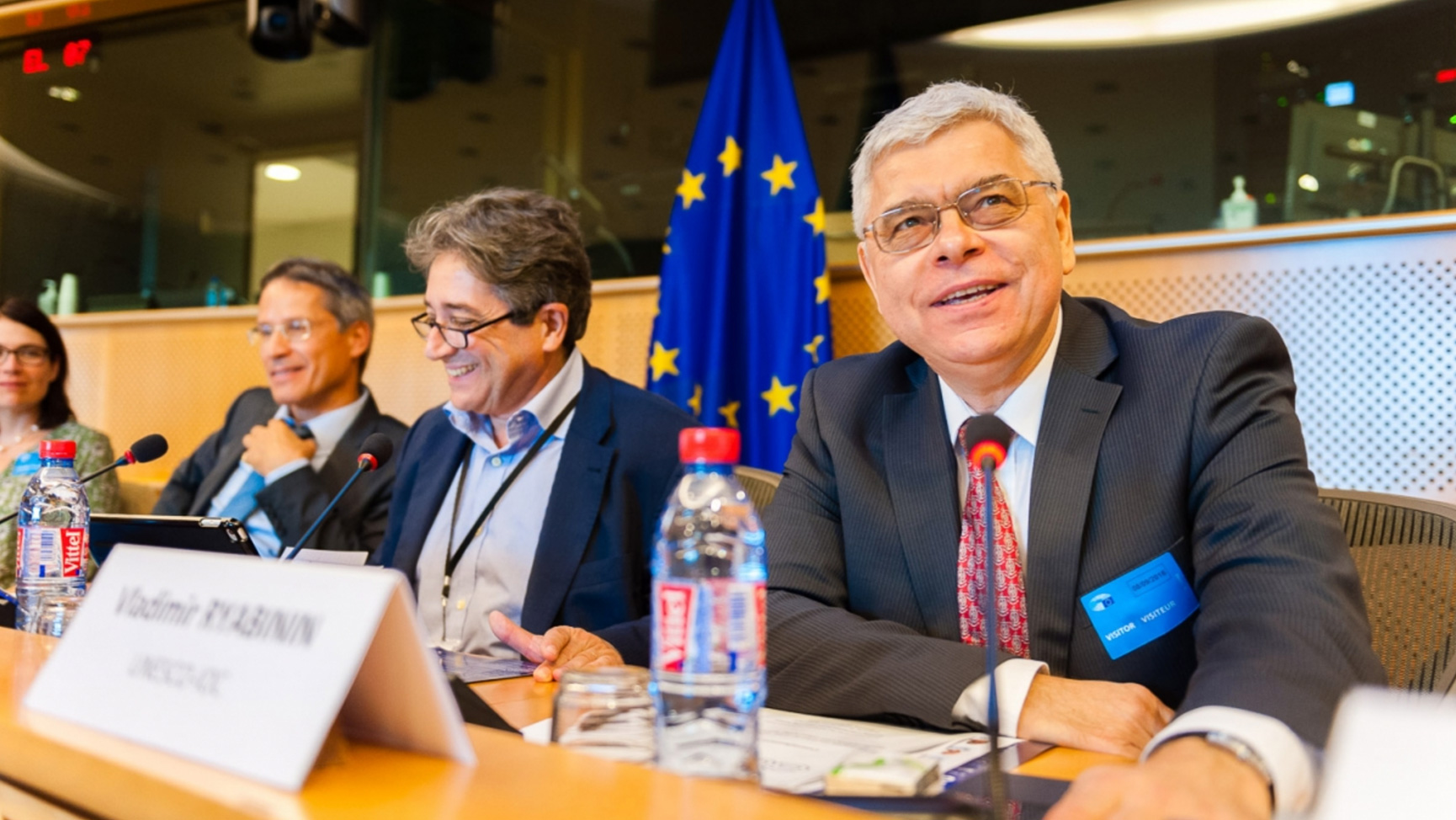
$24 trillion
value of global ocean, placing it among the largest world economies
Prediction of natural hazards (e.g. tsunamis and storm surges), marine spatial planning, search and rescue operations, as well as ecosystem and climate modelling, rely on ocean observing. It also gives the prerequisite information for exploring new ocean technologies for biotechnology, renewable energy as well as oil, gas and mineral exploitation in the deep sea. The implementation of European Directives (e.g. MSFD, MSP, WFD ), and Policies (CFP, MSS, etc.) require marine data delivered for management actions at sea and at the coast. Such data of high quality and resolution seamlessly shared from different sources will contribute to the development of the European Digital Single Market.
An integrated and sustained European Ocean Observing System (EOOS) will bring together marine observations from coast to the open ocean and from surface to deep sea, promote partnerships for infrastructure funding and data sharing, align with user needs and technological innovation, and fill the real need for cross-disciplinary research and multi-stakeholder engagement (ESFRI 2016). EOOS will deliver a vision, roadmap, and a common focal point for European ocean observing research and technology. It will bring a real added value to existing efforts, empowering those who are working to advance ocean observing in Europe, catalysing new initiatives in a strategic way, targeting identified gaps and speaking with a wide range of stakeholders.
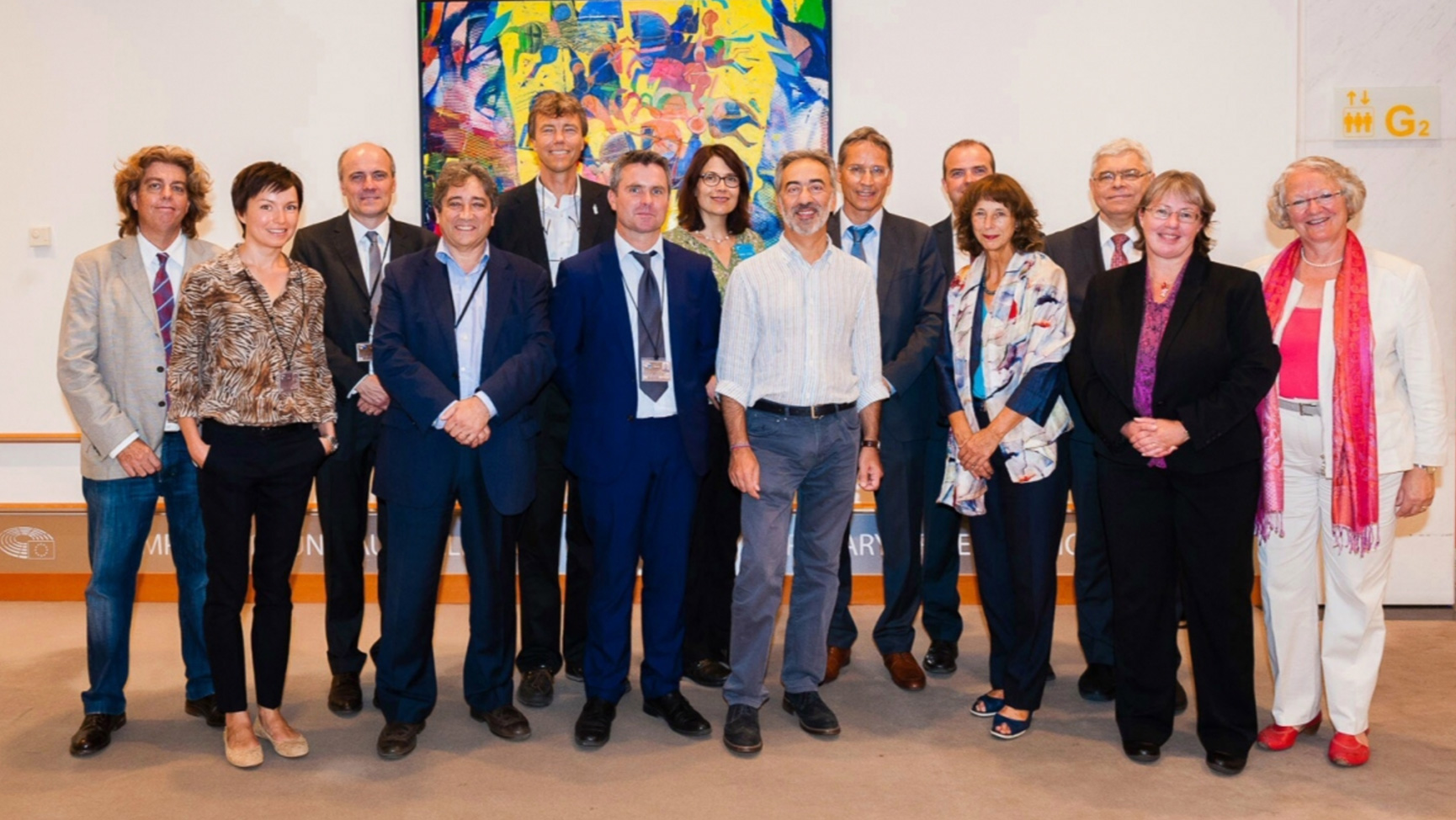
The EOOS event at the European Parliament brought European policy and decision makers together with the ocean observing community, to engage in a direct dialogue and discussions on needs and ambitions for a strong and integrated European ocean observing capacity. This event helped building the foundation of the future EOOS.
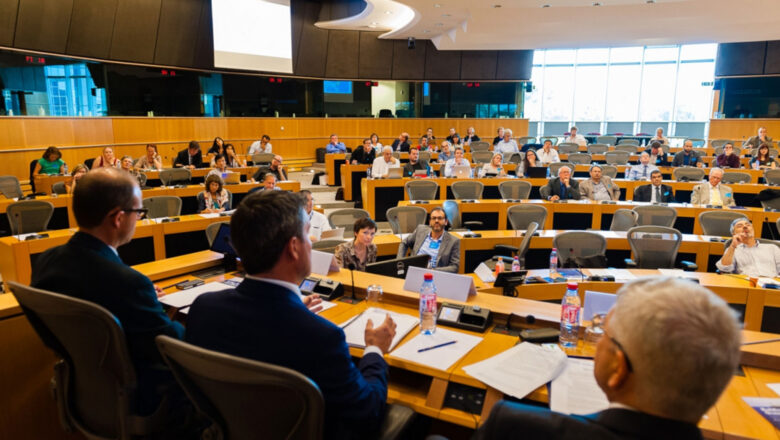
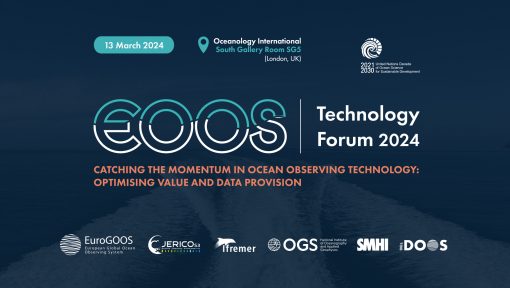 EOOS Technology Forum 2024
EOOS Technology Forum 2024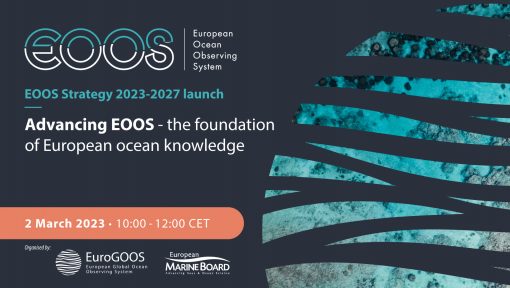 Advancing EOOS – the foundation of European ocean knowledge
Advancing EOOS – the foundation of European ocean knowledge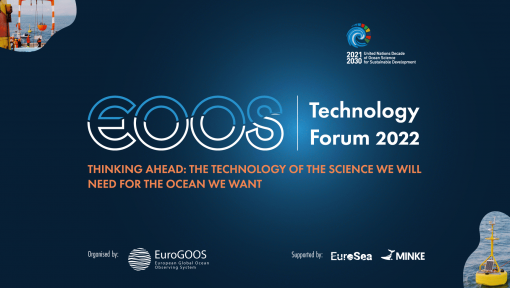 EOOS Technology Forum 2022 Workshop
EOOS Technology Forum 2022 Workshop